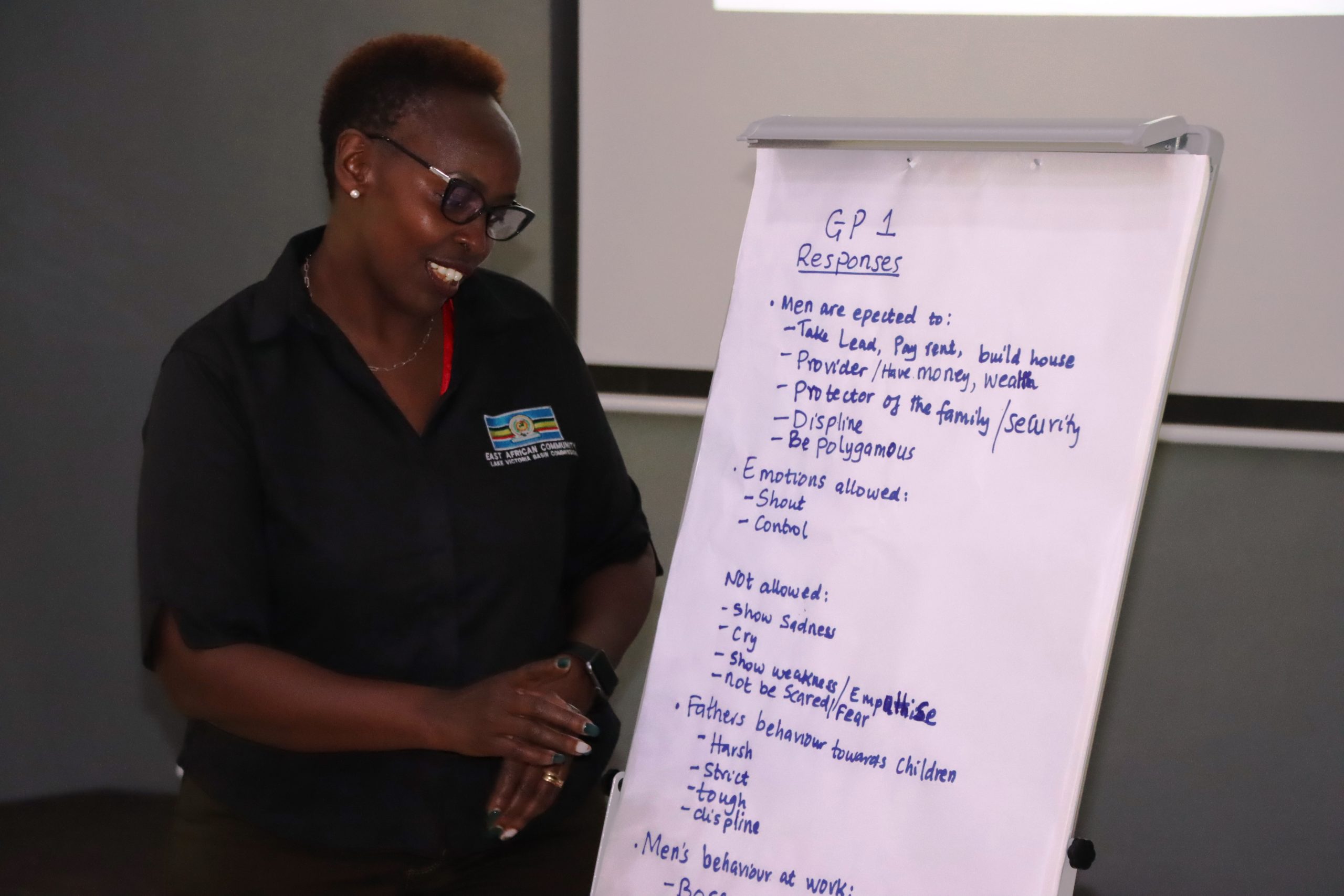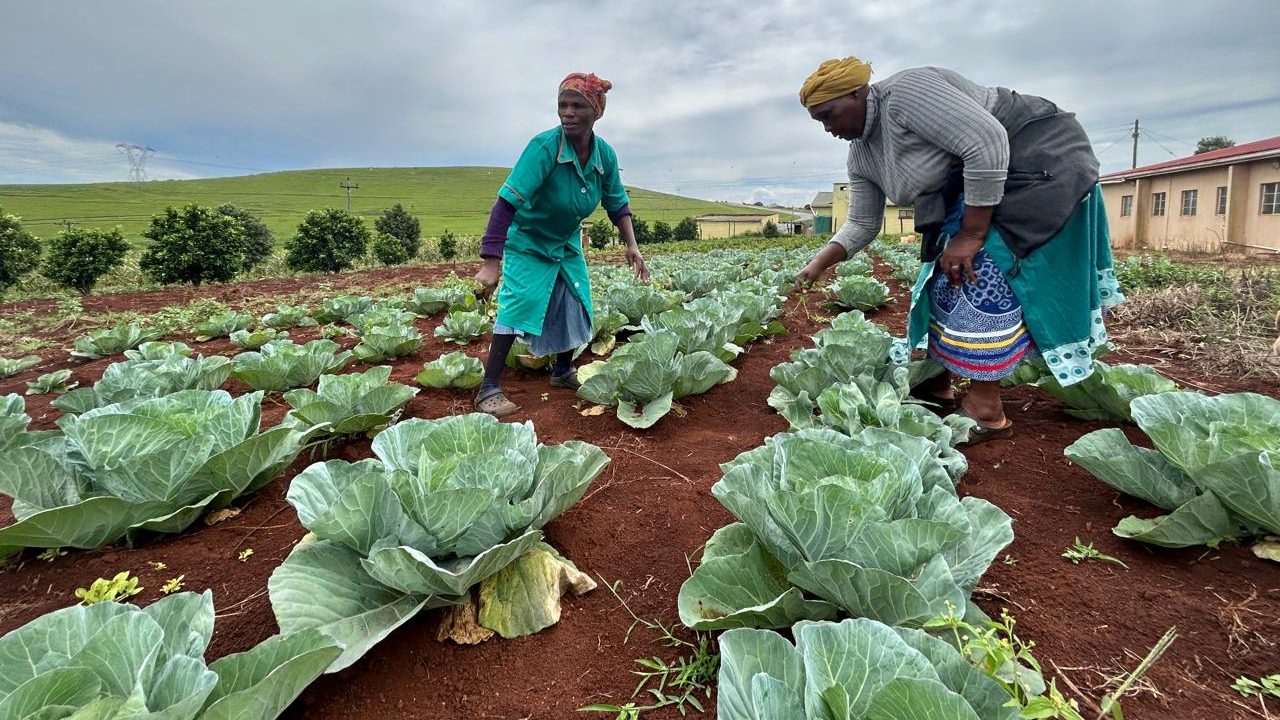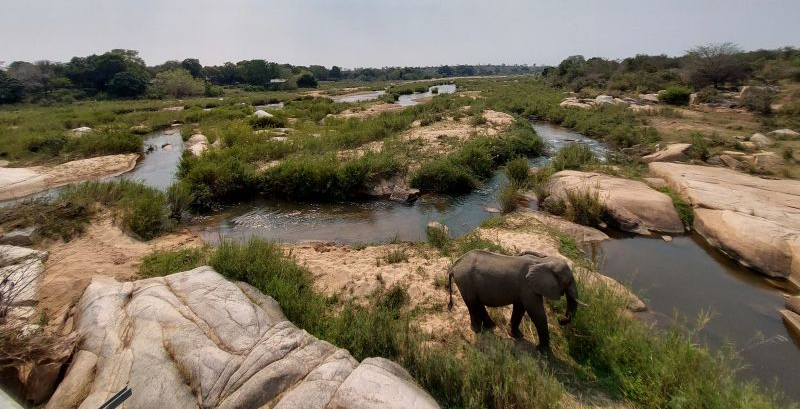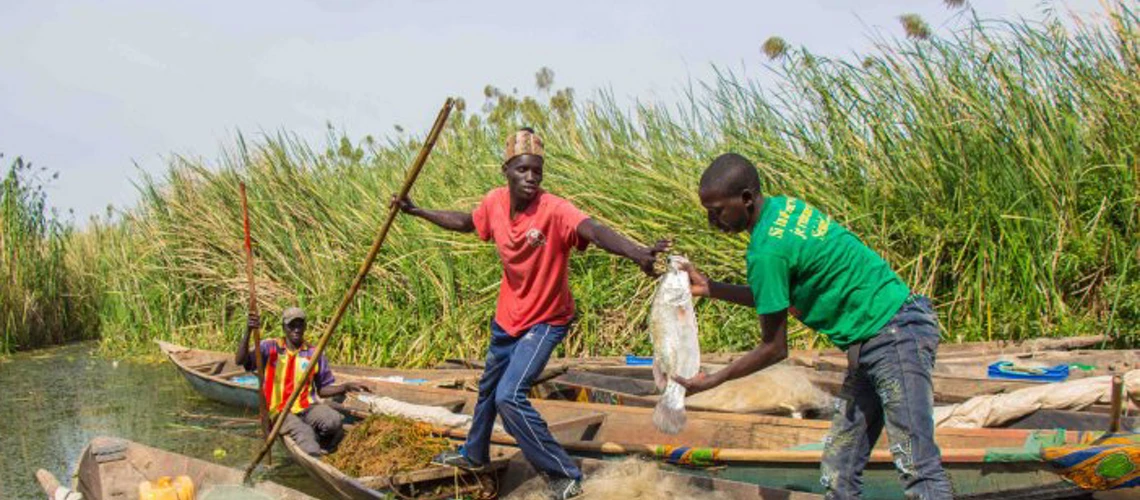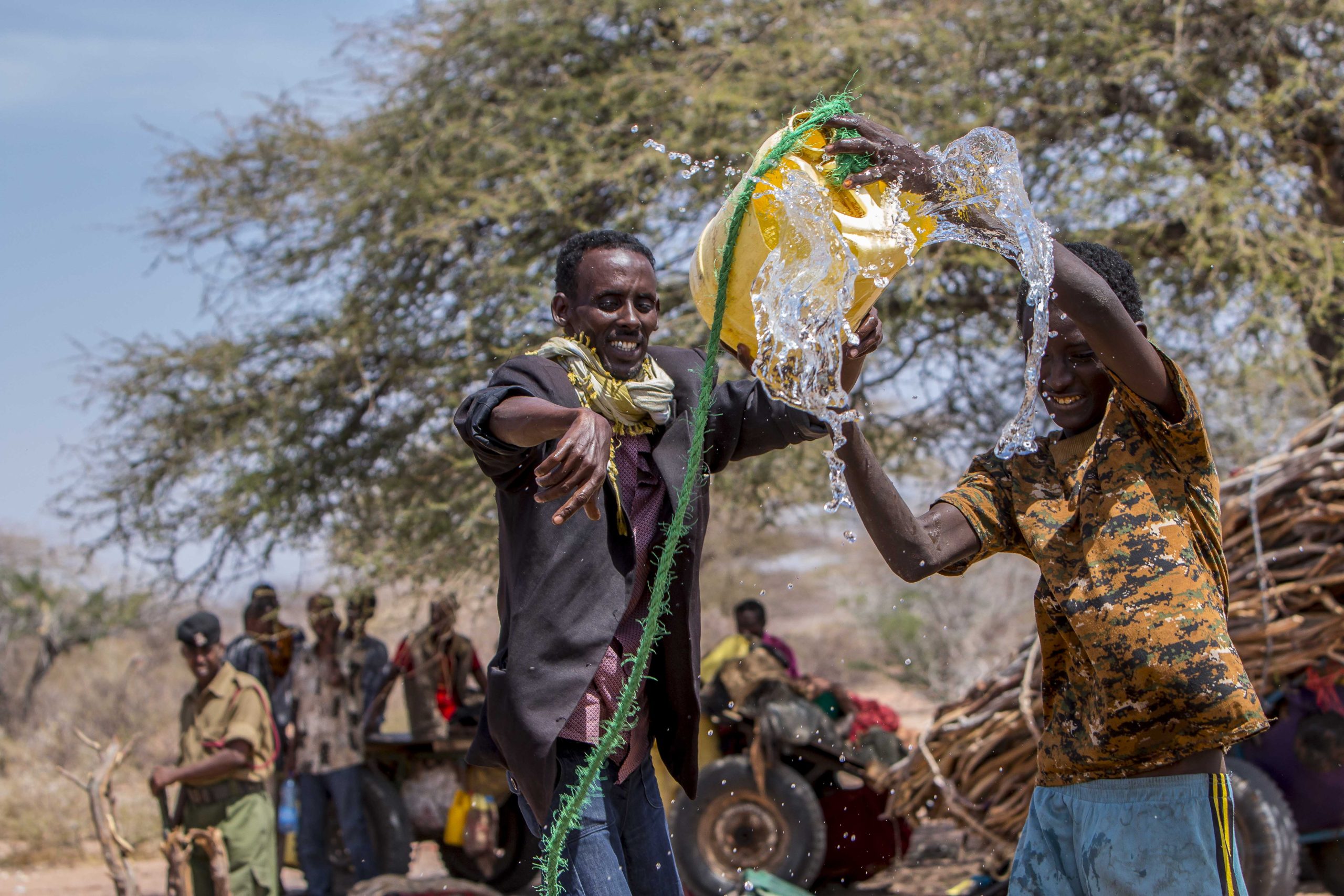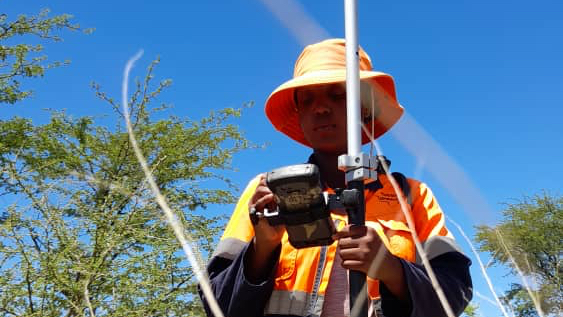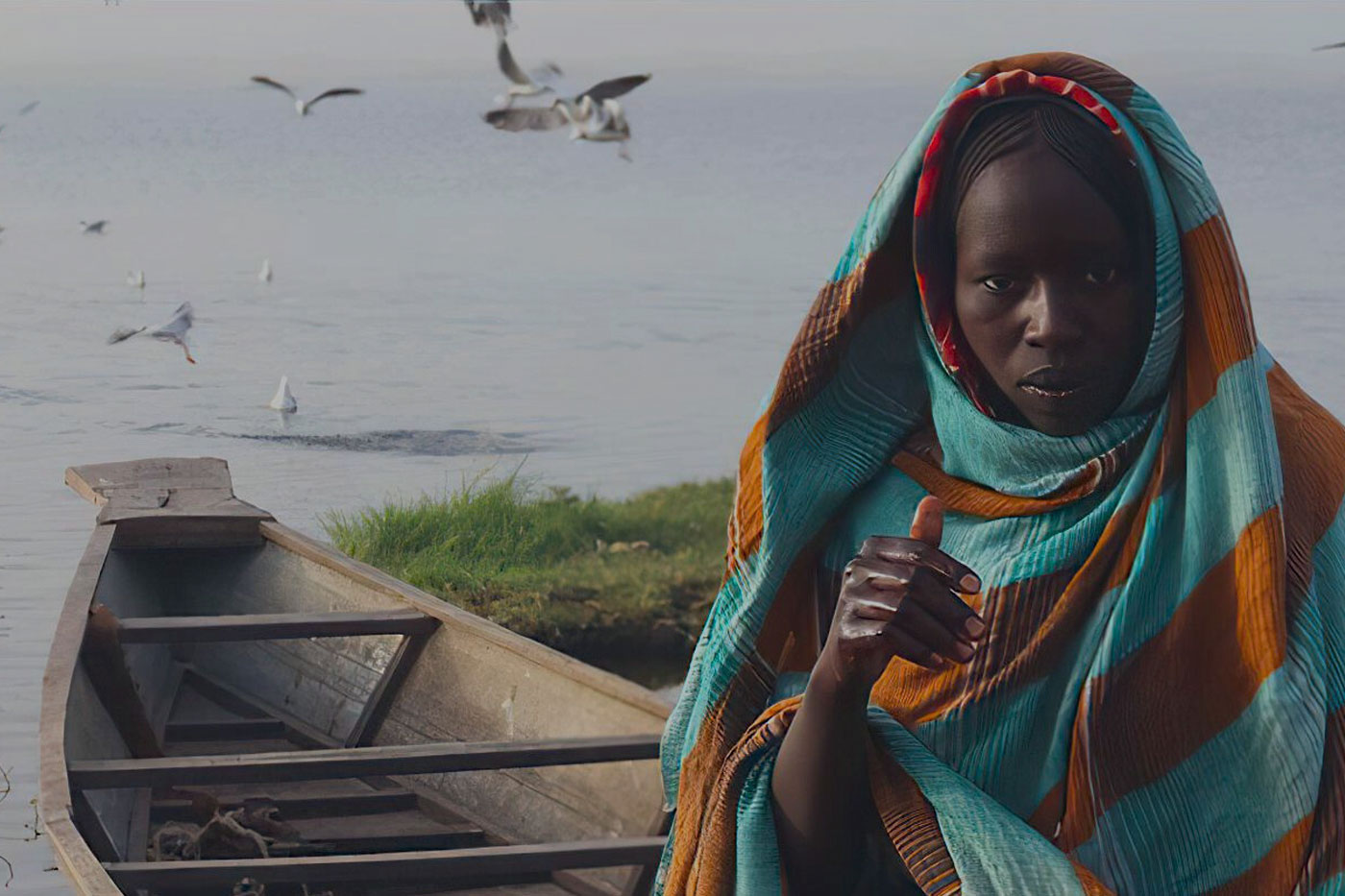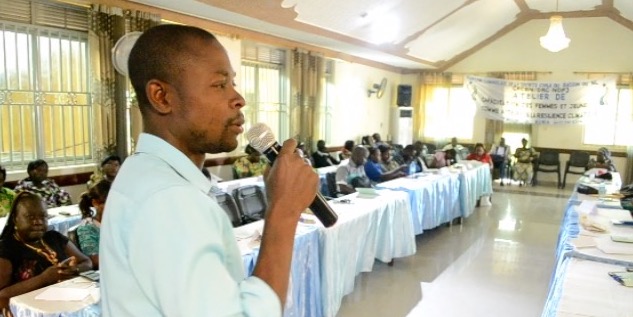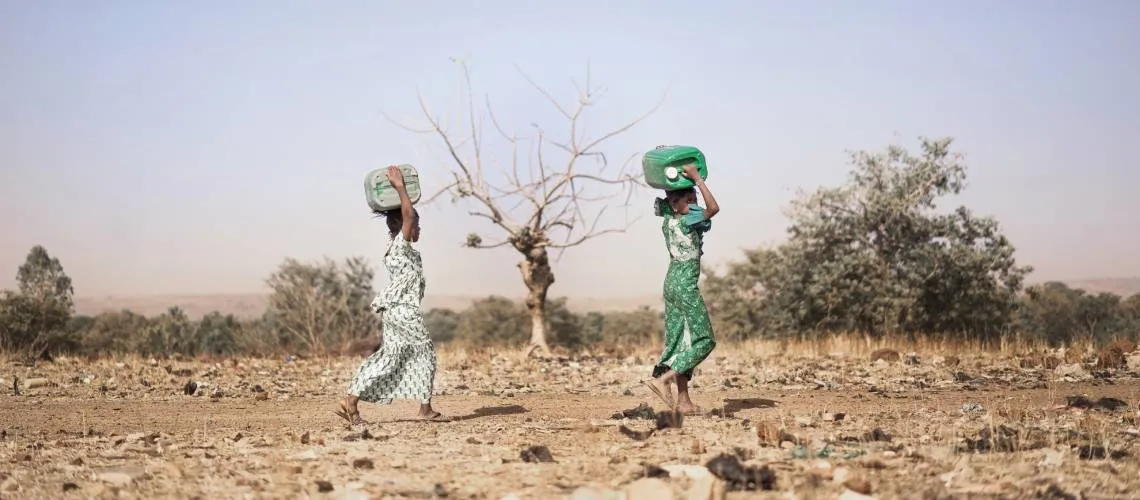Promoting a Gender-transformative Approach in the Transboundary Water Sector
Posted in : Blog on 16 July 2024
Focus on trainings conducted by the CIWA Program on how to foster gender-transformative approaches in the male-dominated transboundary water management sector.
Mfundo Macanda: Developing climate- smart agriculture in the Eastern Cape
Posted in : Blog on 15 May 2024
To develop inclusive and sustainable agriculture, the Eastern Cape Provincial Government turned to the World Bank and SADRI, a CIWA technical assistance that addressed cross- border drought risks, improved cooperation, and created a holistic vision of drought-risk management throughout Southern Africa.
Eddie Riddell: Improving livelihoods in Southern Africa
Posted in : A View From The Field on 16 April 2024
The Pafuri-Sengwe Node of GLTFCA spans regions in three countries— Mozambique, South Africa, and Zimbabwe. The area is rich in bird species and big game such as elephants, and ecotourism is a major source of income. Pafuri-Sengwe encompasses the Limpopo River, whose seasonality limits livelihoods and leads to water and food insecurity for those living […]
Agreements hold water: Reasons to scale up transboundary cooperation—now!
Posted in : Blog on 22 March 2024
Whenever stakeholders come together to manage shared lakes, aquifers, and rivers, they forge trust, collaborative frameworks, and mutual benefits beyond these that contribute to peace and stability.
Digging deep: Groundwater in the Horn of Africa’s fragile borderlands
Posted in : Blog on 21 March 2024
In the conflict-prone borderlands of Ethiopia, Kenya, Somalia, and South Sudan, The Horn of Africa Groundwater for Resilience Project is an ambitious operation to increase information on aquifers and the countries’ capacity to manage them and to develop water service delivery infrastructure to enhance drought resilience of vulnerable populations.
Matlhogonolo Mmese: An aspiring hydrogeologist in Botswana
Posted in : Blog on 5 February 2024
Thanks to work on transboundary aquifers, like the study led by Matlhogonolo Mmese, a better understanding of regional groundwater is possible. Read her story.
The Cooperation in International Waters in Africa Releases its 2023 Annual Report
Posted in : Blog on 11 December 2023
Africa’s water resources are a huge opportunity to harness for economic growth. CIWA strives to do its just-released Annual Report 2023—Water Knows No Boundaries: For a climate-resilient and peaceful Africa.
Innovation at at Time of Unprecedented Challenges: World Water Week 2023
Posted in : Videos on 21 September 2023
Every year, water experts, policymakers, and stakeholders meet in Stockholm to discuss topics such as water management, climate change, and sustainable development, aiming to accelerate action towards achieving water security and resilience. This year’s topic focused on innovation at a time of unprecedented challenges, aiming to rethink how we manage water.
CIWA launches Male Champions for Women’s Empowerment to transform gender inequalities in transboundary waters
Posted in : Blog on 22 August 2023
CIWA has launched the Male Champion for Women’s Empowerment to tackle gender inequalities in transboundary waters. By engaging men as key stakeholders, influencers, and decision makers, this initiative aims to create a positive space for women to participate equally. Let’s empower men to work towards gender equality and transform the water sector.
Sowing the seeds of change to solve the water crisis
Posted in : Blog on 19 August 2023
Investing in water supports people, the planet, and the economy—it is a critical accelerator for achieving the SDGs. Globally, investment needs for the water sector exceed $1.37 trillion and must increase six-fold from current levels to meet SDG 6 (clean water and sanitation for all) by 2030.



